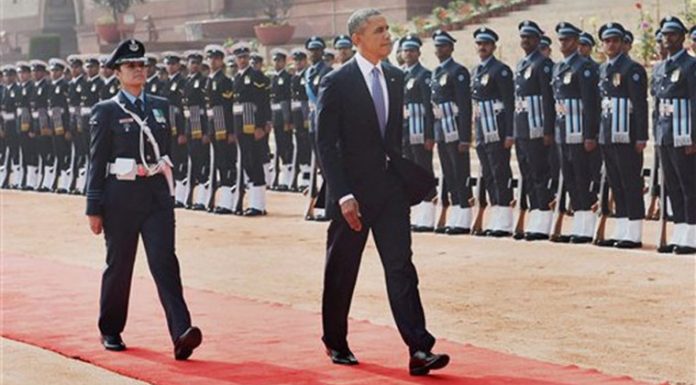As a branch of social science and somewhat a new field, Development Studies is a multidisciplinary arena mostly concerning analysis and argument to recondition, directly or indirectly, the problems affecting citizens of a country. Beginning from significantly contributing in community services, this field extends to the boundaries of government activities, international think-tanks, Non-Governmental Organizations, Corporate Social Responsibility and many research institutes.
Dwelling into the history of this study, the need for establishing a common understanding about the development of a nation arose after the World War II and Great Depression during which renowned economists felt that it was equally necessary to address the political efficacy and social endowment of the Third World nations as much as its economic aspect mattered. Since then it has become necessary to use the political-economic analysis in developing techniques that would eventually assess the numerous elements in control of augmenting or
preventing developmental factors of a country. Thereafter developed a field of study which is dynamic in its approach and ensures addressing of social, political and economic development along with environmental protection, evoking the need to take a step out of the fundamental order of the world, questioning how it came about and how can the same be reproduced again.
So the real question here is – why should students pursue it? Well to begin with, I completed my graduation in Mass Communication and my choice of course fully depended on my urge to give back to society through Journalism and writing. But it was not too late since I realized that a systematic contribution to the society can only be made through proper acumens about development models, effective research and understanding of the operational issues. The curriculum design consists of social institutions, research methodology, urban and rural planning, economic development, gender studies, tribal studies, health economics, psychology, law and development, post-liberalization period, etc. that eventually shapes a student’s academic grounding. With so much scope, post-graduation in Development Studies appeared to be the most apt selection and fortunately I happen to have not regretted my decision.
While DS students can find themselves well suited in United Nations organizations, the World Bank, NGOs, and even journalistic jobs, some fellowships that can really bring the change maker in you are ample in India. If you’re the kind of person who’ve always wanted to do ‘something’ for the nation but unaware about how to start, these could be the final calls –
- Legislative Assistants to Members of Parliament (LAMP) Fellowship
- Gandhi Fellowship
- Prime Minister’s Rural Fellowship
- William J Clinton Fellowship
- Young India Fellowship
- Teach for India Fellowship
- Azim Premji Foundation Fellowship Program
Ironically when a country like India is in dire need of such courses for developing it’s dream future, only a handful of institutes offer the same at post-graduation level. Fortunately, these institutes are doing a lot to bring attention to this area of study –
- Tata Institute of Social Sciences, Mumbai
- Azim Premji University
- IIT, Guwahati
- NIT, Rourkela
- IIT, Madras
- Institute of Development Studies, Kolkata
- Centre for Development Studies, Thiruvananthapuram
- Mahatma Gandhi University, Kerala
- The Gandhugram Rural Institute, Tamil Nadu
- Annamalai University, Tamil Nadu
Hence, a field as vibrant as this should be met with equal vigor as other subjects for its dynamic nature.

























